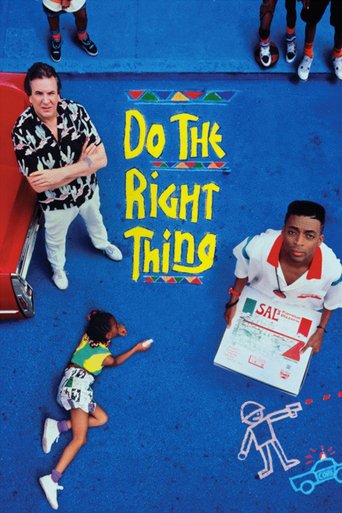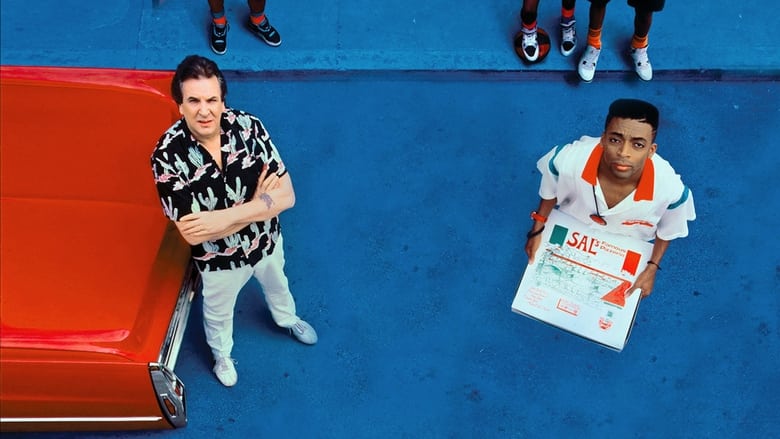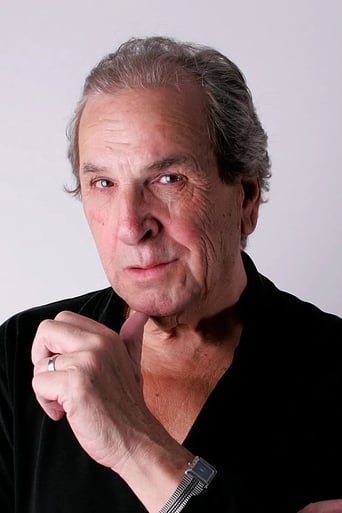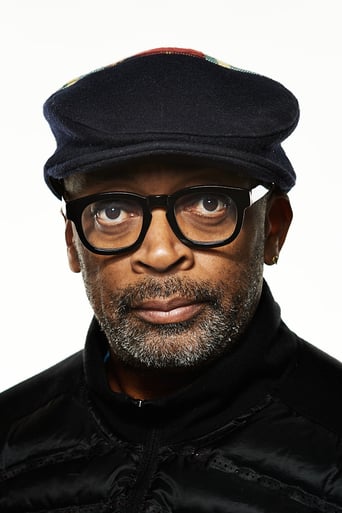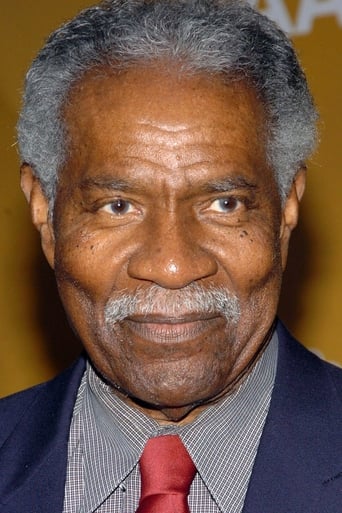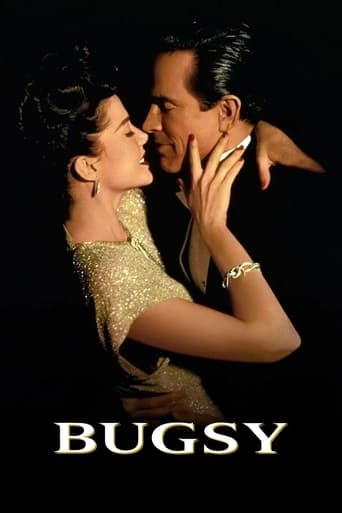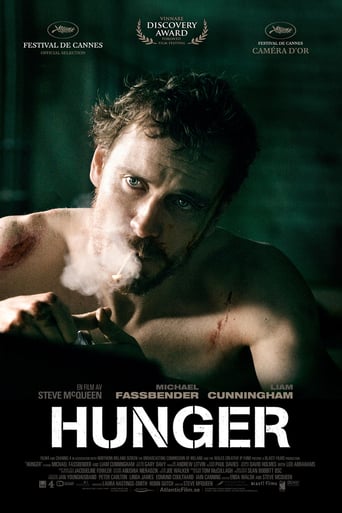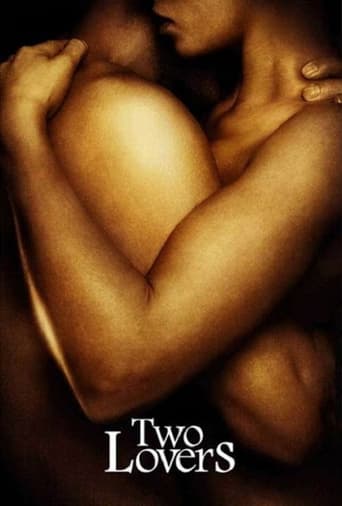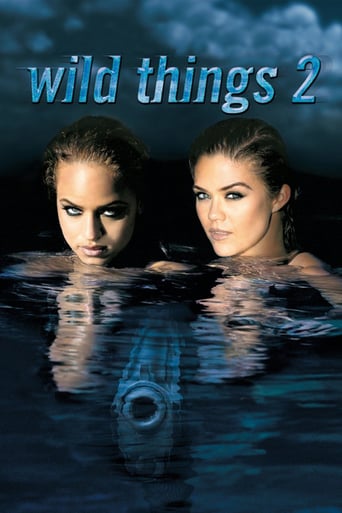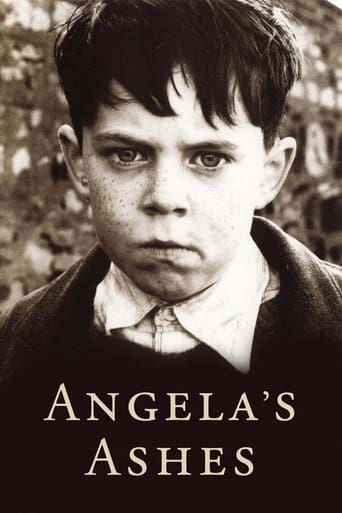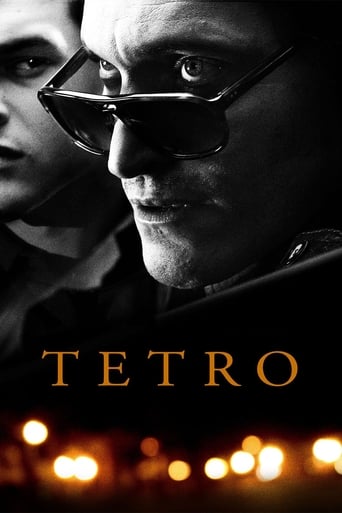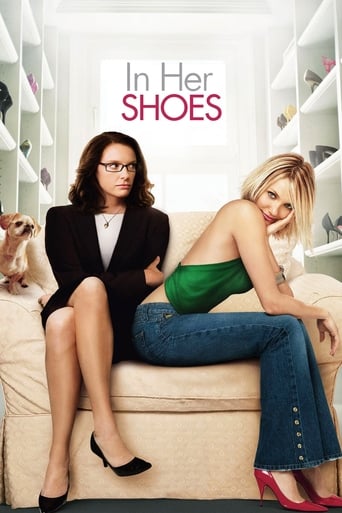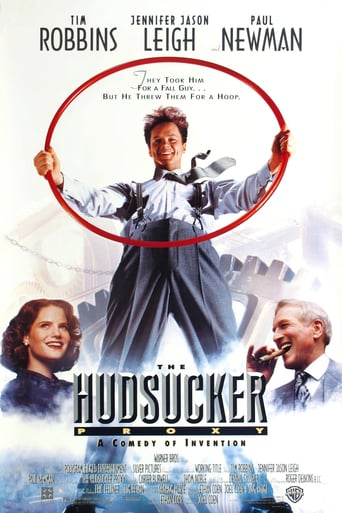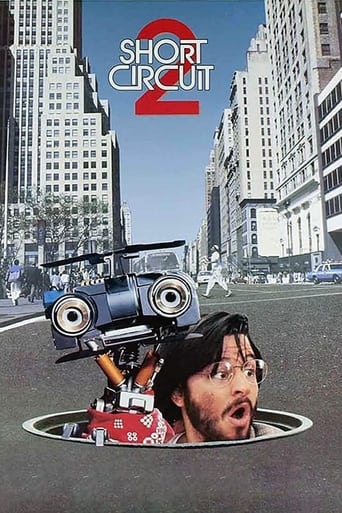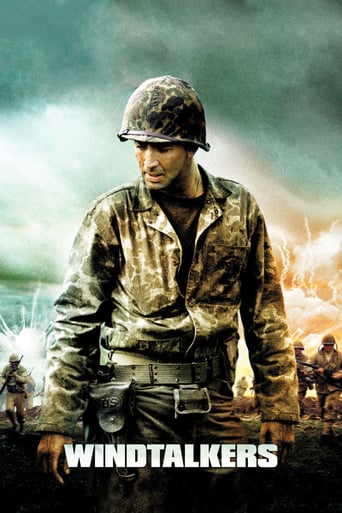Do the Right Thing (1989)
Salvatore "Sal" Fragione is the Italian owner of a pizzeria in Brooklyn. A neighborhood local, Buggin' Out, becomes upset when he sees that the pizzeria's Wall of Fame exhibits only Italian actors. Buggin' Out believes a pizzeria in a black neighborhood should showcase black actors, but Sal disagrees. The wall becomes a symbol of racism and hate to Buggin' Out and to other people in the neighborhood, and tensions rise.
Watch Trailer
Cast


Similar titles
Reviews
The reputation 'Do the Right Thing' gained upon its release as a racially incendiary picture has defined both the film itself and the reputation of its director and star, Spike Lee. Its rather pessimistic depiction of urban race relations had many people fearing it would incite the African-American community to riot. Their main qualm was that a piece of 'white property' was destroyed because of a riot that the film's main character incites. The same people, however, mostly forgot that a black man lost his life to police brutality first. Lee took, and still takes, offense against those mainstream critics who almost seemed to both suggest that black people could so easily be persuaded to destroy public property and that white property took precedence over black life. That critics also complained about the way the film portrayed a black, 'ghetto' community in a reasonably positive light only served to aggravate Lee further.And now in the era of increased accusations from conservatives towards liberals for 'race baiting' - educating or highlighting instances of institutional racism -, the tensions 'Do the Right Thing' created at the end of the 80's have become thematically relevant and rich to the contemporary viewer as they were during that earlier, quite neo-conservative decade. But despite Lee's reputation for creating pictures that flirt with Black militancy and supremacy (I personally find this not so common among his films as in his personality), DTRT's framing as 'a black picture' does a disservice to the universality of its perspectives, from the rough but benevolent white pizzeria owner Sal (Danny Aielo) to the lazy and rather selfish but lovable protagonist Mookie (Lee). The relationship between these two is fundamentally the key focus of the film, with the giant and seemingly threatening Radio Raheem (Bill Nunn) the lighting rod that tests their already fragile friendship. By the end, we have seen both men's point-of-view and are hurt not only by the death and destruction that has snowballed from what was originally a minor complaint from the belligerent Buggin' Out (an unrecognisable Giancarlo Esposito), but also by how the conflict has divided them for reasons that to both men seem so unfair.Lee has been clear that he sides with his own protagonist by the film's end, and the film itself supports this by how Mookie ultimately loses little compared to Sal (though unlike the friend Mookie loses, the pizzeria Sal loses is recoverable). However, Lee rather optimistically has the two cautiously reconcile, and with that a hope for tranquility and even equality between the two, and by extension Blacks and Whites of the US, can be inferred.The film remains one of the best examinations of American racial politics. Its dialectical style, especially its subversion of political melodrama archetypes (the sympathetic minority victim, the brutal racist, etc.), demonstrate an intent not to manipulate audiences into feeling pity for black people but to get them to think about why these humans of both races, with all their flaws and prejudices, are the way they are.As the film ends with two juxtaposed quotations from MLK and Malcolm X on the ethics of violent residence to oppressive regimes, we are left to wonder, with all that we have seen and heard, how we can respect each other as human beings without compromising our autonomy. Such a query should be so simple, but the world keeps making it so complicated.
So Spike bothers to take us a on a somewhat shaky but interesting journey all the way to a finale just to make the point that whites are racists and blacks are sorely persecuted. Sorry Spike your quick quote from MLK at the end doesn't absolve you from making a biased and twisted statement on society. You made a near classic in Malcolm X but this dribble is your low.
It predated Rodney King and the countless cases of racial violence leading up to the Black Lives Matter era. Spike Lee has remarked over the years that while the white establishment has been comfortable supporting comedy with a cast of black actors it has been less willing to embrace drama, especially if it might stir anger and undo the carefully spun version of American History. Some of Spike Lee's films have a tragic ending that might seem like last-minute manipulation. Bamboozled comes to mind. School Daze has a blatant "Wake up!" message to camera, and Jungle Fever has an unintentionally funny solicitation and reaction of shock. Of the films that Spike Lee has written and directed, Do the Right Thing is the most perfectly woven story combined with aesthetic. He and Ernest Dickerson have made a visually cohesive and involving film that holds up enough that you will forget people are not carrying smart phones. We might be left debating among ourselves as to what right thing must be done, which is just as well. As an over-simplification from "The Mayor," the credo is politely received by Mookie. In the aftermath of the movie's events, there may be people who claim the right thing to do was for the white man, Sal, to include black celebrity photos on the wall of his pizzeria among all the Italians he personally admires being a middle-aged Italian. The place is a little embassy of his own identity in the middle of predominantly black Bed Sty where it has been in business for decades. Despite eating there since childhood, Buggin' Out (Giancarlo Esposito) does a double-take one day while having a slice. Only then does he develop sudden and fresh outrage over the lack of black faces on Sal's wall. This is a debate that extends to diversity issues and OscarSoWhite, but we'll take it at face value. Should Sal have caved in to Buggin' Out's demand and eventually let him curate all of the photos on the wall of fame to ensure that there is a higher black to Italian ratio closer to that of the neighbourhood, or was Sal right to see Buggin' Out as a hothead and hang on to his own territory? People on-line have examined the continuity of a scene with white neighbour's/cyclist John Savage being accused of scuffing Buggin' Out's running shoe with his bike tire. The question of which shoe could have been run over doesn't add up, and the implication is that Buggin' Out is unjust and looking for issues to rage over. Buggin' Out ropes in the mild-mannered Radio Raheem (Bill Nunn) who just wants to walk around listening to his ghetto blaster. Buggin' Out is trying to boycott Sal's place. He radicalizes Raheem. They show up just after the restaurant closes and beg for Sal to open ostensibly for just one more slice, clearly gaining access only to protest the place and confront Sal. Raheem blasts his music at the counter and refuses Sal's request to turn it down. The young men won't leave and won't turn off the music. Sal finally picks up a baseball bat and smashes the radio. Raheem is then driven mad by the loss of his property and begins to fight the older man. The fight spills into the street. The police see the huge and powerful physicality of Raheem and intervene. They over-compensate for the strength of Raheem by putting him in a notorious choke hold he sadly does not survive. This happening to Raheem then finally radicalizes the calm and reasonable, neutral Mookie who throws a trash can into the restaurant window and starts a riot. In the chaos that follows, Buggin' Out is somewhat part of the background and nobody notices a mentally challenged man wander off to start a fire and burn down the place; we see Italian celebrities on the wall of fame consumed by fire but also a picture the arsonist has left behind in the wreckage to also burn up - that of Martin Luthor King and Malcolm X shaking hands. Whether someone respected Frank Sinatra or MLK, their photos burned the same. The fire doesn't discriminate. Lee had said in commentaries that white viewers came away talking about loss of property (the restaurant, as opposed to the radio), and black viewers tended to focus on loss of life. But considering that police only appear in a couple of scenes and are not central to the spine of the film, it seems clear that whether intended or not Buggin' Out is the one to blame for the death of Radio Raheem. Had he not presumed to be territorial with Sal and attempt to boycott a business his friend Mookie works for, and had he not been single-minded and impatient (the way Twitter and blogger campaigns are today) without regard for Sal's right to self-determination in his own shop, the dominoes of violence would not have fallen. He drew Raheem into a bad position and exploited him as muscle. They knew Sal to be a take-no-crap kind of guy and an adult and obviously tough enough to be a white businessman in Harlem, and yet Buggin' Out coaxed Raheem into intimidating and trespassing. The police were careless in arresting Raheem and should have been more attentive. They were professionals responsible for protecting life, no question. But the events that got them there were mostly if not entirely on the shoulders of Buggin' Out. Not only on race but on various progressive issues, there are many perhaps well-meaning or just high-on-ideals internet activists who are more like Buggin' Out then they realize. Years later, Spike Lee revisited the role of Mookie in his fifties for a film called Red Hook Summer. Mookie was still delivering pizza for Sal. Ultimately, it is not about Sal. We never do see what is on the more current walls of his new place, but it is also none of our business.
I had never seen a spike lee film and I am now a fan. This movie was very good. For most of it I really thought that it was a comedy and just showed the views of the directors up bringing. I did think the picture of the movie was strange at first but the use of yellow really did help to emphasize the heat and the costume design and everything just enforced how hot it was. Even the dark apartment with fan set seemed so humid it actually reminded me of how hot my room is in the summer. I loved this movie though and the Italians at the pizza shop had me laughing a ton. The shot where the different races all insulted each other was awesome. The ending was good but avoidable the guy with the radio didn't need to die and I just feel like the trash can through the window just made the situation worse.

